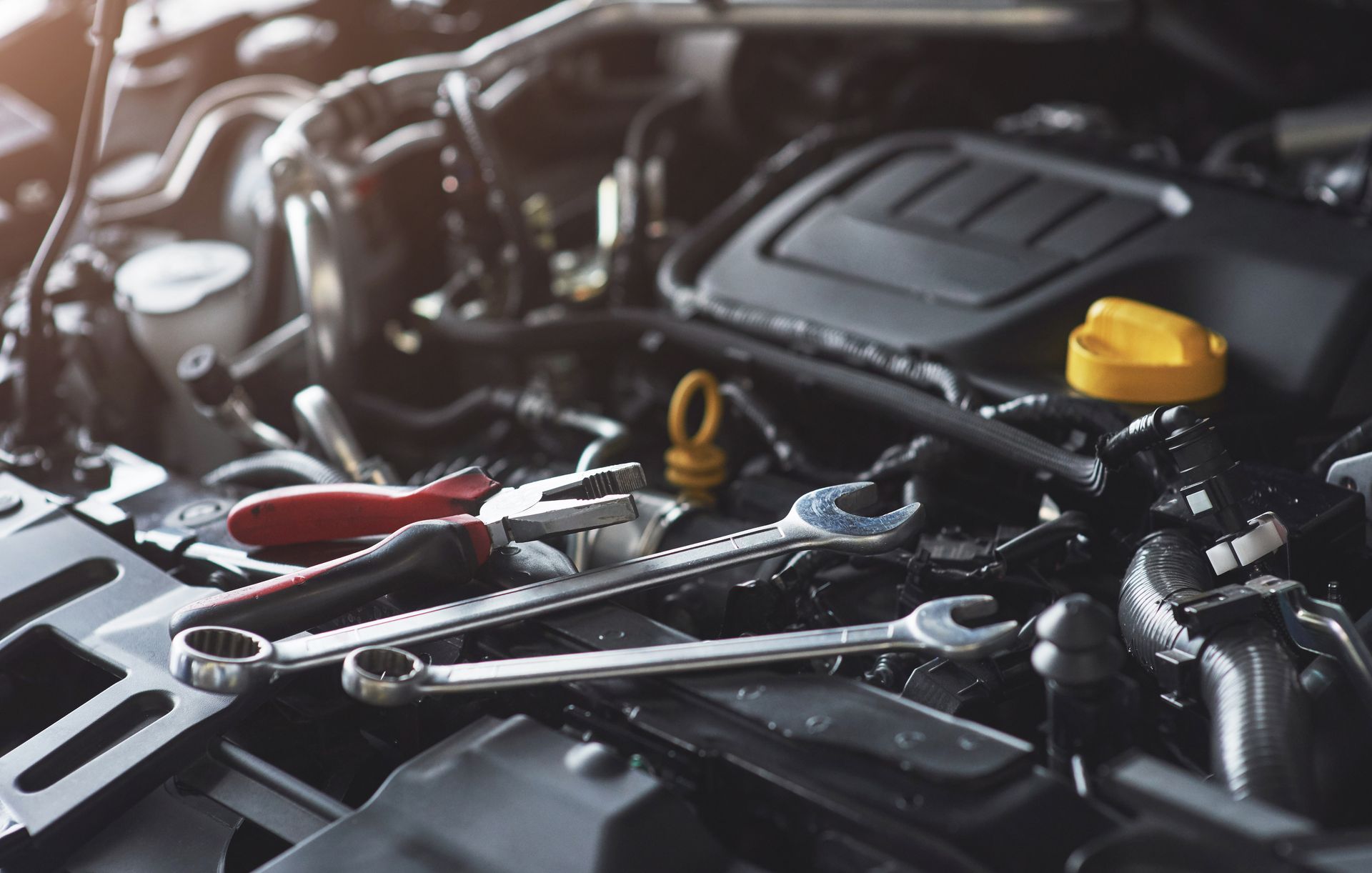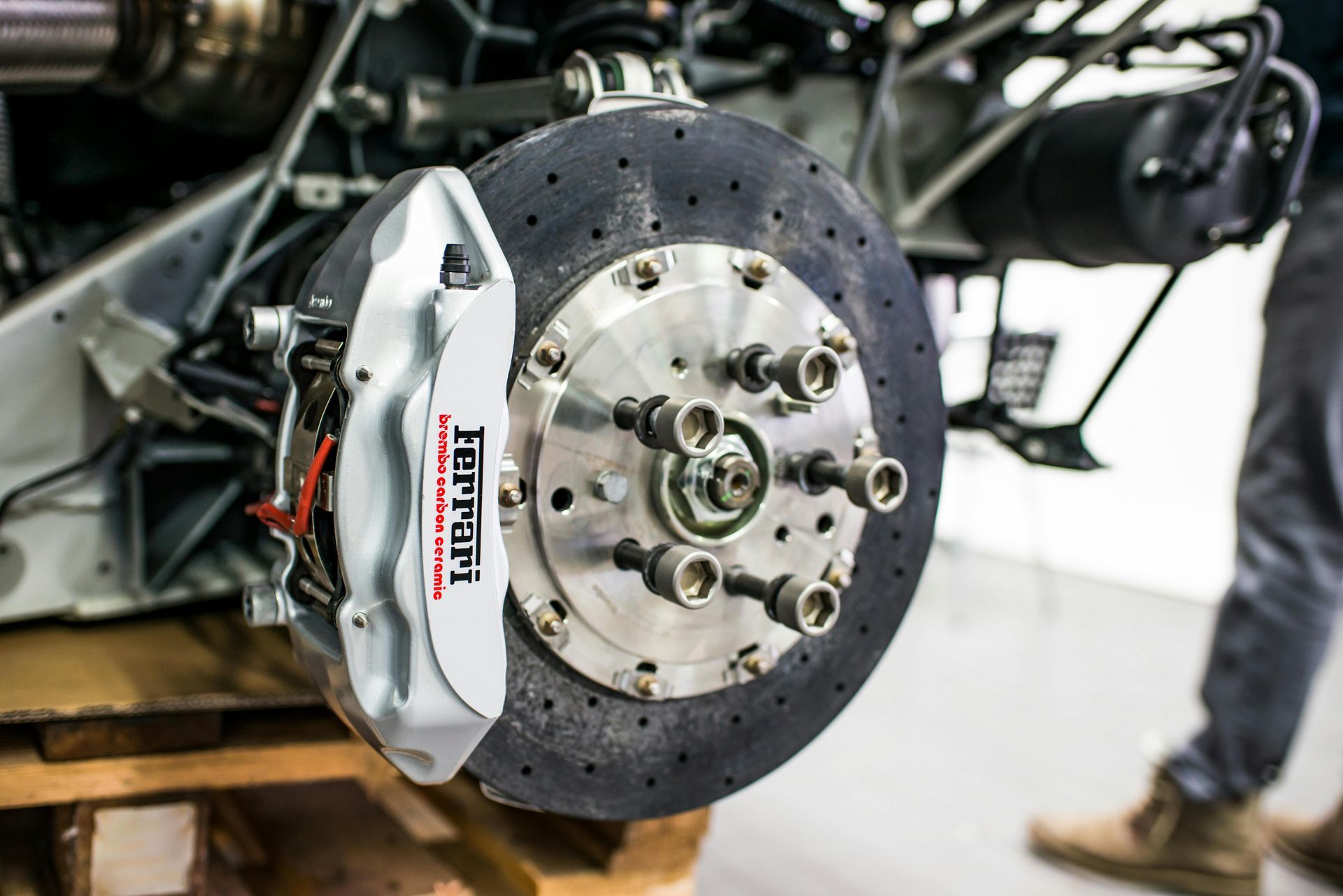Our Blog
Fluid flushes at STR Automotive, Mooresville, NC, keep your vehicle in top shape. Enhance performance and longevity with our expert services. Call us today!
Expert cooling system tips by STR Automotive in Mooresville, NC. Enhance car performance & longevity. Schedule an online appointment now!
Comprehensive brake repair services at STR Automotive in Mooresville, NC. Ensure your safety with expert car care. Schedule an appointment today!
Discover expert computer diagnostics at STR Automotive in Mooresville, NC. Learn how we keep your car running smoothly. Schedule an appointment today!
Discover expert wheel alignment services at STR Automotive in Mooresville, NC. Enhance your vehicle's performance. Schedule an online appointment now!
Stay cool in Mooresville, NC, with expert air conditioning repair by STR Automotive. Your comfort is our mission. Schedule an online appointment now!







